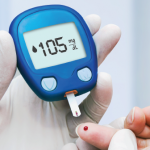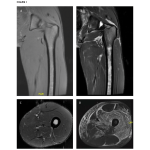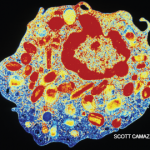How do you ask a new patient about sex and gender—or know which pronoun to use? Keep the conversation straightforward and respectful to put everyone at ease, says Morgan Orndorff, a transgender man who works as an administrator at a major academic medical center. “Everyone is a little different in terms of their sensitivity level”…







